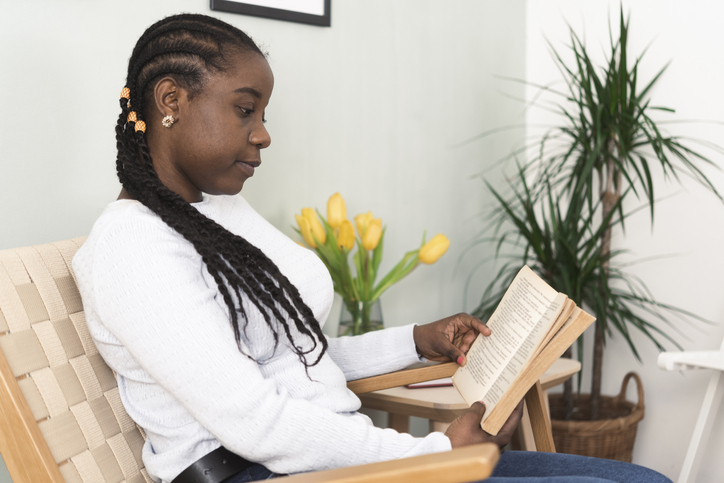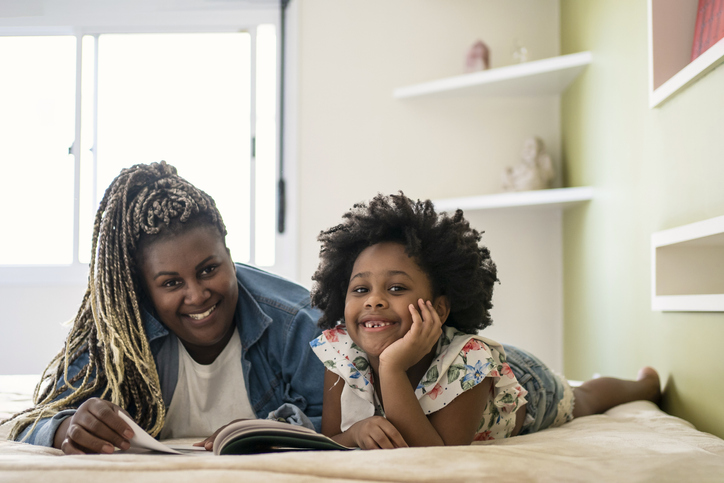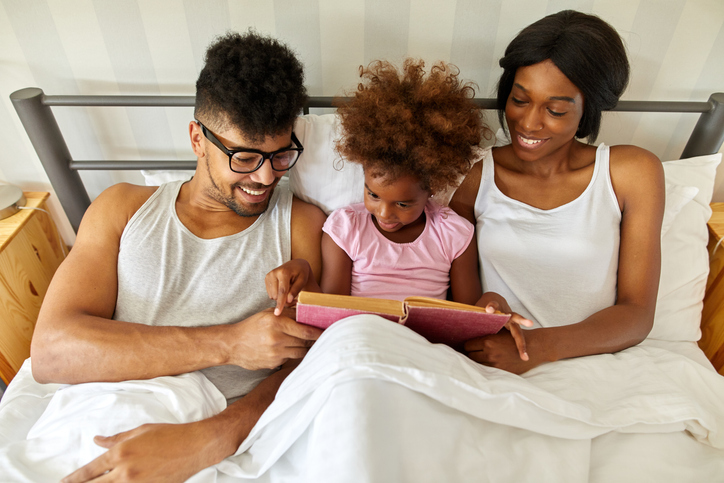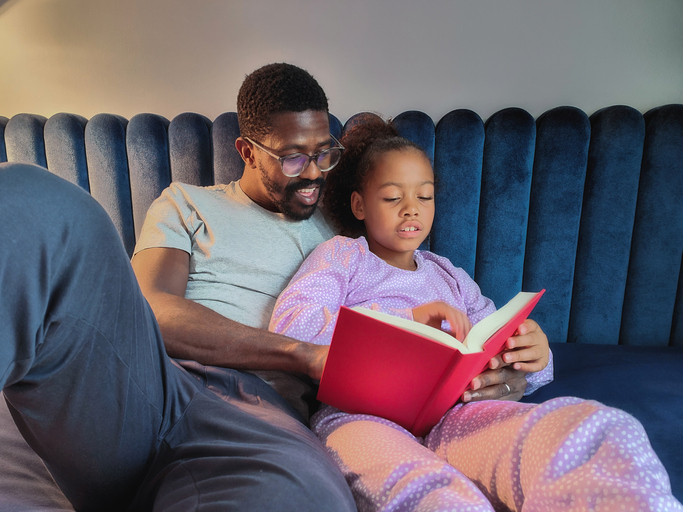
Source: Olelole / Getty
The school system has been and continues to fail Black students. It starts at a young age and permeates nearly every dynamic in the educational system. Racial bias in teachers toward Black students has been well documented. The article Unequal Returns to Children’s Efforts published in the Du Bois Review explains how teachers rank students’ abilities (and recommend them for programs for the gifted) differently based on race. This occurs even when Black students get the same test scores as their white classmates. Then there’s the troubling fact that the overwhelming majority of books in classrooms are written by white authors and represent white characters, as reported by the NY Daily News. Children need to see themselves represented in literature in order to connect to and engage in it.
These issues only touch on the very surface of systemic issues that lead Black students to fall behind in literacy. And recently The Nation’s Report Card showed the lowest percentage of Black students displaying “proficient” reading levels in years. The systemic problems that are at the very root of that data cannot be fixed overnight. But World Literacy Day exists to highlight inequities like these, and to educate parents and teachers on ways to fill the literacy gap. So today, we look at Black literacy programs that are here to serve Black students.
Black is Lit

Source: MixMedia / Getty
The Black is Lit program is a virtual literary society that encourages students to read books about the Black experience, and meet to discuss the literature. It was created by California school teacher Tiffany Herndon. After seeing that reading scores were down for her Black students, Herndon created this program to offer academic assistance that extended outside of the classroom. “We wanted to disrupt the disproportionate outcomes that we see for Black students across the nation” said Herndon. The program started with high school students from just a couple of schools, but this fall it will open up to all Aspire’s Public Schools for grades six to 12. There are dozens of Aspire locations across California including the Central Valley region, the Bay Area and Los Angeles.
1619 Freedom School

Source: Renata Angerami / Getty
The 1619 Freedom School is a free, five-day-a-week afterschool literacy program for students needing additional academic help. It was founded by Nikole Hannah-Jones, a staff writer at The New York Times Magazine and has attracted partners at Georgetown University and the University of Buffalo. Together, these educational leaders have curated a curriculum that focuses on Black history and is meant to inspire students to read more about this country’s past. In the first year, the program only served the Dr. Walter Cunningham School for Excellence, which is one of the highest poverty and most segregated school in Waterloo, Iowa, but it will expand to other locations.
Read to Succeed

Source: EmirMemedovski / Getty
The Read to Succeed program was developed by the National Black Child Development Institute (NBCDI) in 2017. The goal is to help Black families build out their home libraries with books that focus on the Black experience. The NBCDI understood that children needed to see themselves reflected in the stories they read to be engaged in literature, and developed the program as a response. They’ve partnered with the United Parcel Service Foundation along with local partners to distribute hundreds of thousands of relevant books to Black families since they launched.
We Read Too

Source: Ivan Pantic / Getty
The We Read Too app introduces Black students to books that represent their experiences. The app was created by Kaya Thomas, a Dartmouth alumnus who used her degree in computer science to bridge the literacy gap found in the Black community. The app lets users browse hundreds of books written by BIPOC authors and featuring BIPOC characters. In the app, you can read a synopsis, see the book cover, and find links where you can purchase the books.
Daddy and Me Literacy Program

Source: AzmanL / Getty
According to the motto of The Daddy and Me Literacy Program, the organization “seeks to instill the love of reading in our young ones, and to encourage fellowship amongst men and dads of color.” It is a Boston-based group that hosts regular pop-up events where dads and their little ones ages three to seven can learn about a new book that focuses on the Black experience. Throughout the summer, they’ve hosted events at the beach with the featured books’ authors appearing for a reading. Follow them on Facebook to learn about their next pop-up.


0 Commentaires